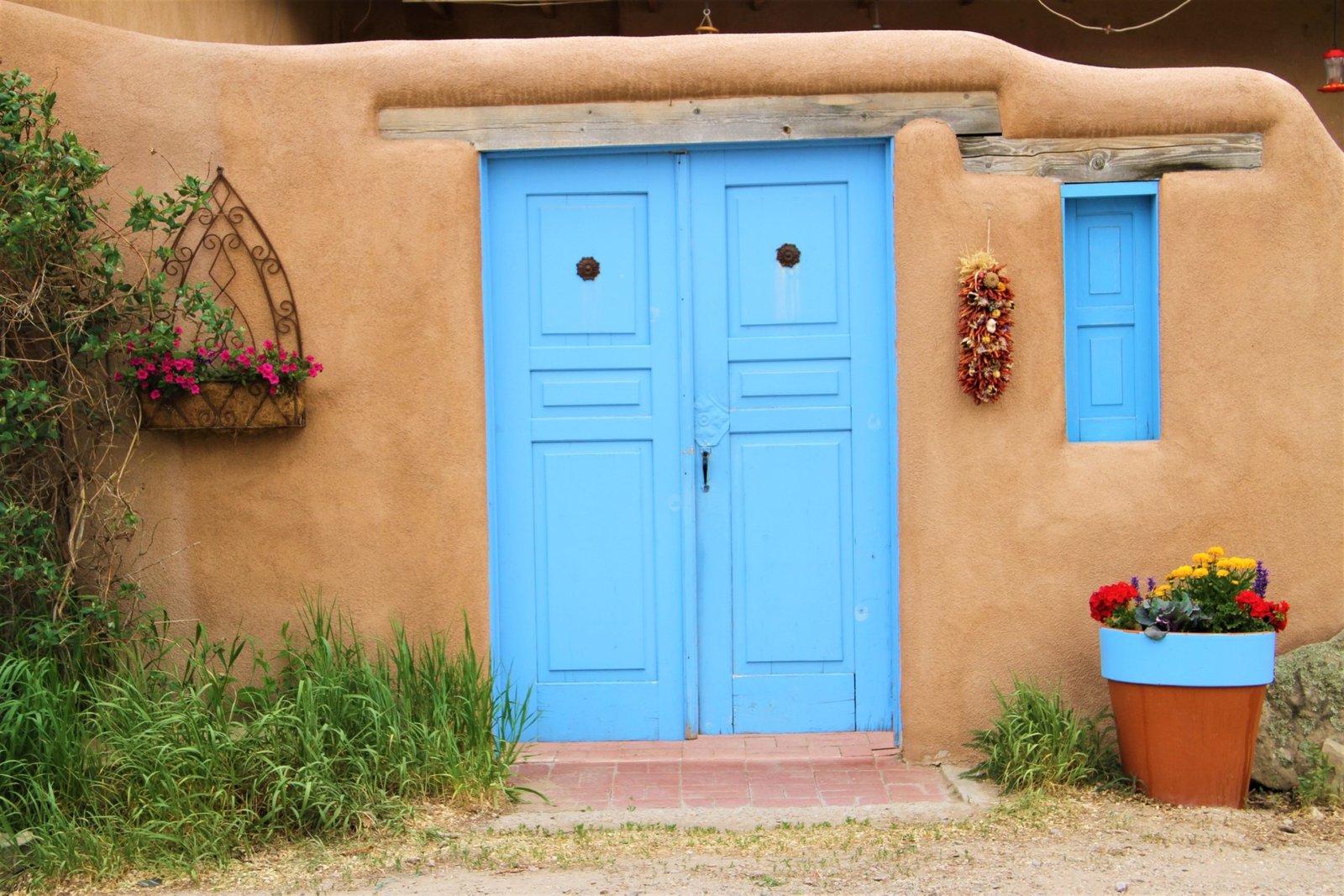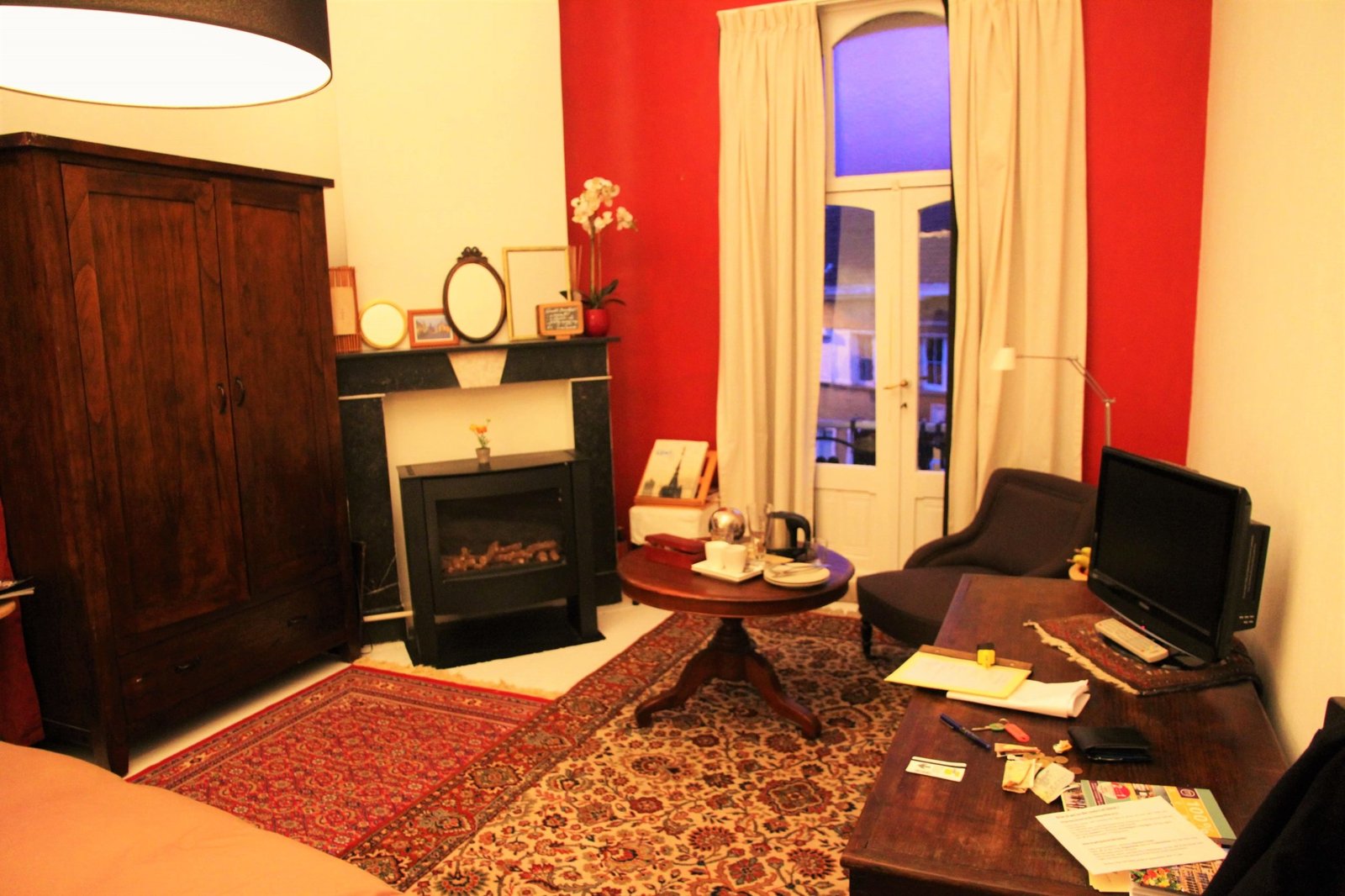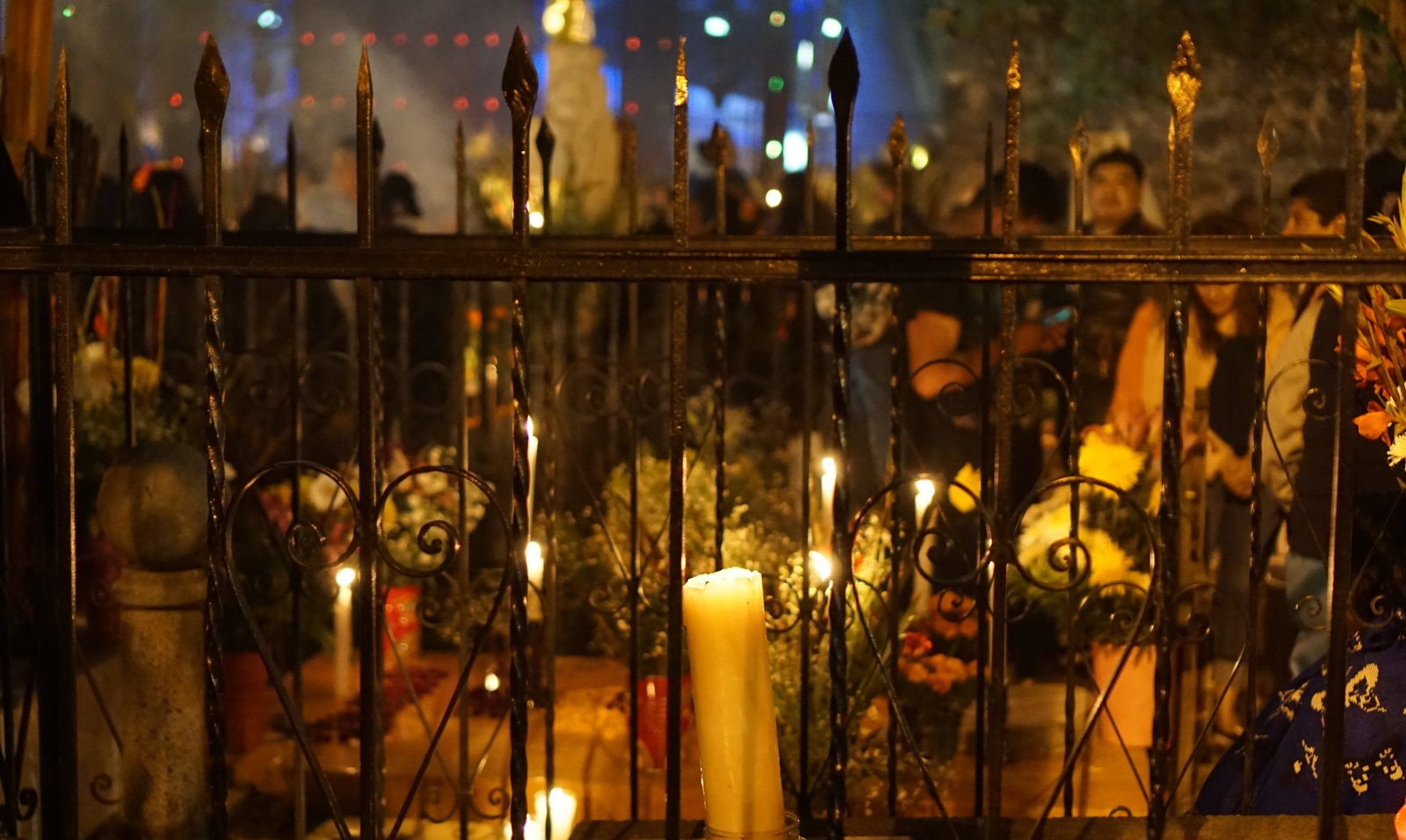If I ever decide to run for a political office, I will take an unconventional step of having Airbnb provide my character references. A quick glance at our Airbnb guest review page will quickly demonstrate what an honest, punctual, clean, quiet, and non-intrusive person I am. It really sounds like I would be a great fit for a small town treasurer position. As my running mate, I would pick Julia because she is equally praised in these reviews. Over the years, we have accumulated multiple positive reviews from our hosts in many foreign languages. It is always humbling to read all these reviews, often with the help of Google Translate, where people compliment our good manners and interest in local culture.
This is not a paid advertisement, but we primarily rely on Airbnb when we book our travel accommodations these days. The only time when we can check into a hotel is when we are in transit and need to crash just for one night. Otherwise, it is all Airbnb. The platform allows us to peek inside locals’ houses, see their lives up close and personal. You can tell a lot about a family and their culture from the way their house is furnished and decorated, as well as from their kitchen and fridge contents. Recently, a lot was written about how Airbnb has turned from an innocent app allowing travelers to stay at other people’s homes into an evil money-making scheme where buildings are being bought out by corporations, turned into Airbnbs, and rented out to tourists, in circumvention of local hotel regulations and laws. The problem is real and is exacerbated when locals are no longer able to afford housing in their neighborhood and are pushed out. In Lisbon, in the atmospheric neighborhood of Alfama, previously home to Eastern European and African immigrants, housing is no longer affordable as a disproportionate number of tourists are pouring in and are being housed by these faceless Airbnb businesses. We saw numerous graffiti in Alfama where street artists demanded that people stop coming to Lisbon and described tourists as terrorists. Overtourism is also a hot-button issue these days. In order not to contribute to the problem, we usually try to stay only in those places where the hosts live themselves.





Another reason to stay with someone who already lives on the premises is to avoid what we went through in Yokohama. After we had missed our plane from Japan back to the U.S. (that’s a crazy story for another day), we had to scramble to find a place to spend the night. After a quick search on the Airbnb website, we found and booked a suitable place, and the host, who didn't live there, sent us the “check-in” instructions. Instructions arrived in an attachment that Julia’s phone couldn’t open. While we rode the train toward our Airbnb, Julia kept trying to reach the host. Finally, he started responding with increasingly cryptic messages on the location of the door key. When we finally got to the building, it was late evening, and we were exhausted from all the airport-running-around and plane-missing excitement of the day. The instructions made no sense, and our Internet connection was spotty, so the follow-up instructions from our host were slow to show up. I saw Julia frown at the newest text message, then she started running her hands over the walls outside of the apartment, looking for secret compartments and examining pipes on the wall. Apparently, the host hid the key in one of these pipes. The whole situation was ridiculous. Julia looked like a contestant on some bizarre Japanese TV show, trying to find a key to open the door to the next level challenge. We eventually located the key (by a completely different door), but after this weird and emotionally draining search, we implemented a new rule that if it is just an overnight stay, we go to a hotel.
Through the years, we stayed at some cool, unique, and simply weird Airbnb places. In São Paolo, Brazil, our Airbnb was located in the iconic Edificio Copan building, designed by the most famous Brazilian architect, Oscar Niemeyer. From a small studio in this remarkable “wave” building, we watched incredibly beautiful sunsets over the concrete jungle of São Paolo. In the tiny English village of South Stoke near Bath, set among rolling hills of the countryside, our Airbnb accommodations were a simple shed surrounded by blooming flowers and garden plants. Inside, there was barely space for one mattress, but we felt like we were living in a tiny house for fairytale mythical creatures. In another English village, we stayed in beautifully remodeled horse stables while local horses jealously watched us occupying their former quarters.




The best part of staying in Airbnb, however, is meeting and connecting with locals. Through the years, we have met so many nice and warm people who opened their homes to us. In Ghent, our host, a little old lady, chatted with us daily about our sightseeing plans for the day, our lives in America, and U.S. politics. One evening, when we arrived from a long day of sightseeing, two bottles of local beer were waiting for us. As she explained, “This is the best Ghent beer and I don’t want you to leave without trying it!” In another Belgian town, our Airbnb host went to a local bakery in the morning and bought us chocolate croissants for breakfast. In Salvador, one of the most violent cities in Brazil, our host helped us understand where we shouldn't walk in the evening and gave us great suggestions on where to listen to the world-famous Olodum music. The craziest connection with a local Airbnb host happened to us in Georgia (country, not the U.S. state). Our Georgian host, Levon, agreed to pick us up from the airport and give us a ride to the apartment as our flight was arriving at three in the morning. On the way from the airport, in a matter of just 30 minutes, we hit it off with Levon and became best friends for the next 8 days. Levon, who at the time was between jobs, not only offered his place to us, but also became our driver, guide, and trusted adviser on the issues of Georgian wines, food, and local traditions, and even acted as a Master of Ceremonies for my mom’s family birthday party per Georgian traditions (tamada-style). He was very warm and open, like most Georgians, and was proudly showing his country to us. Our visit to Georgia would not have been the same without our friendly and entertaining Airbnb host.
A lot of our family members and friends find the idea of living in a bedroom in a stranger’s house weird and would never stay anywhere except in a hotel. If you want privacy, a hotel is great. If you want to get to know fellow travelers and backpackers, the best place is a hostel. But nothing beats Airbnb for access to local culture and traditions. Some of the best stories from other countries usually involve conversations with locals, and staying in an Airbnb is the surest way of meeting locals and getting to ask many questions it’s impossible to ask on the street.
Wherever you are going and wherever you are staying – Happy Travels!

